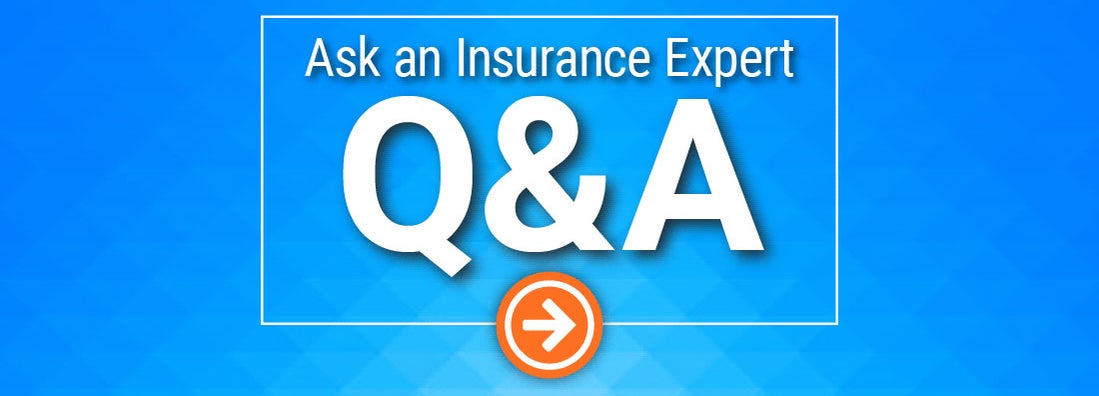Does Car Insurance Cover Natural Disasters?

Paul Martin is the Director of Education and Development for Myron Steves, one of the largest, most respected insurance wholesalers in the southern U.S.

Navigation
Does car insurance cover natural disasters?
How do I know if my car insurance covers natural disasters?
How much damage from natural disasters is covered by my car insurance?
If basic car insurance does not cover natural disasters, what will?
Expert(s) Found on this Page
Does car insurance cover natural disasters?
I live in an area where natural disasters like storms and flooding are common. My home and property have been safe so far, but I was wondering what happens if my car gets damaged? Will my car insurance pay to have it repaired?
It depends on what kind of car insurance you have. There are multiple types of car insurance coverage. The kind that covers natural disasters is comprehensive insurance, also known as all-but-collision insurance. If you have comprehensive car insurance, you’re covered.
How do I know if my car insurance covers natural disasters?
I recently bought car insurance, but I’m not sure if it covers natural disasters. How do I know what my car insurance does and doesn’t cover?
To understand the answer to this question, you need to know that there are three main car insurance coverage types: liability, collision, and comprehensive (a.k.a. all-but-collision). Each one covers different situations.
- Liability: Covers damage you do to other people, vehicles or property.
- Collision: Covers damage that other vehicles do to you in a collision. Also covers damage from collisions with inanimate objects, like mailboxes.
- Comprehensive: Covers just about everything else including theft and damage from natural disasters.
If you have car insurance, then you definitely have liability insurance since it’s the legally required minimum. But collision and comprehensive coverage are optional, so you may not have them. Check the details of your policy online or in the paper packet to see.
If you have comprehensive insurance, then congrats! You’re covered for natural disasters. If not, it’s easy to work with an independent insurance agent and add that coverage to your policy if you want it.
How much damage from natural disasters is covered by my car insurance?
My car got damaged in a fire. Will my car insurance pay the full cost of repairs?
It depends on the size of the deductible and limit of your car insurance policy.
The deductible is the amount the insurance company requires you to pay before coverage kicks in. For example, if the damage is $1000 and your deductible is $500, then you'll pay $500 and your insurance will pay the other $500.
The limit is what it sounds like: the limit of what the insurance company will pay. For comprehensive policies which cover natural disasters, the limit is almost always the actual cash value of your car.
Actual cash value isn’t what you paid for your car. It’s the replacement cost minus depreciation, a.k.a. the amount of value your car loses each year due to age and wear and tear.
So, the answer to your question is that the insurance will cover the cost of repairs or replacement minus the deductible, up to the limit.
If basic car insurance does not cover natural disasters, what will?
I recently bought a newer, nicer car. I want to upgrade my basic car insurance to something with better coverage, especially for hail, flooding, and other things that could damage the appearance or interior of the car. What kind of car insurance should I look for?
If you want your insurance to cover natural disasters, then you need to buy comprehensive coverage. Liability insurance, the most basic type of car insurance, won’t cover it.
Luckily, adding comprehensive coverage usually costs only a few hundred dollars per year, and discounts can bring down that cost even more.
A quick call or email to an independent insurance agent will get the ball rolling. They can help you fill out paperwork, find discounts, and generally make the process as painless as possible.
Hopefully you’ll never have to use your comprehensive coverage, but you’re right to be thinking about it! If disaster strikes, you’ll be glad you took the time to get your car covered.
